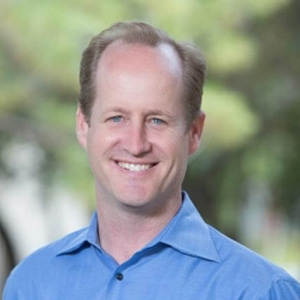Marketing & Experimentation for Social Change: Adapting to Drought in California
Abstract
In social change contexts such as conservation or public health, marketing can communicate information, nudge people toward more socially aligned behavior, or encourage adoption of long-run solutions that permanently shift personal outcomes and/or social spillovers. These marketing options, if effective, can substitute for regulatory change to address the respective social issue. In this paper, we focus on California’s drought response, where cease and desist orders and community level fines are contingent on the effectiveness of local level voluntary change. We illustrate that a marketing challenge for the favored voluntary conservation approach of turf removal is that it ignores the preference trade-offs of those who consume the most and/or are least motivated by the social objective of conservation. We conduct sequential randomized control trials to evaluate the marketing and effectiveness of an Internet of Things (IOT) irrigation controller that helps consumers more efficiently irrigate and grow their lawns. We find that our marketing interventions for this “preference aligned” solution have higher response rates among heavy irrigators who would not otherwise conserve. Rather than cannibalizing other solutions with greater potential water savings, as some conservationists worry, our interventions lead to large persistent reductions in water usage.






